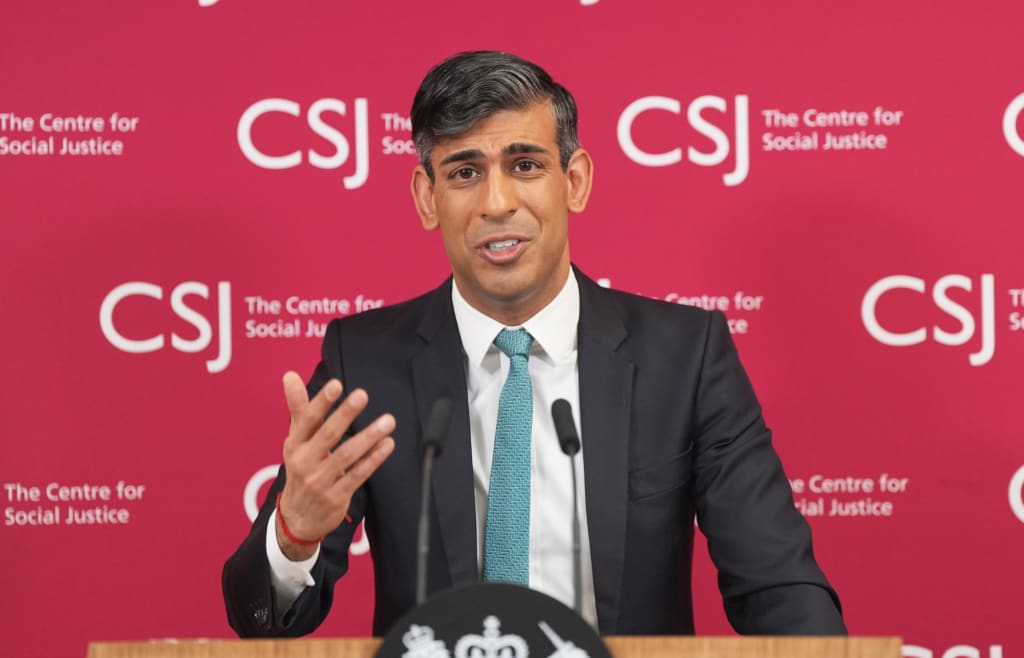
The Conservative government is set to lay out plans in which it intends to reform the benefit system in the UK. Personal Independence Payments were introduced in as a replacement for the existing Disability Living Allowance system. The aim was to provide people of working age with a regular payment which would help to support people with the extra costs they may incur from having a long term disability or health conditions. The amount people received depended on how difficult they found it to complete everyday task or move around from place to place. The maximum amount someone could get per week was £184.30.
The government is now trying to tackle the rising number of claimants who have a mental health condition. It is looking at reforming the way PIP is delivered to those who receive it and instead of offering a regular cash payment, those in receipt of the benefit would now receive a one off grant for things such as home adaptations. His is mainly focused around people who may claim the benefit for conditions such as anxiety and depression. The number of people who claim the benefit for these conditions has soared in recent years which have led to Prime Minister Rishi Sunak stating that they needed to do something about it.
Key disability charities such as Scope have described the plans as a reckless assault on disabled people.
The most recent statistics, external say more than 3.3 million people in Britain receive PIP to help with the extra cost of living with a health condition or disability. Some claimants are of retirement age but are eligible because they received support when they were of working age.
The cash can be used for things like special diets, additional laundry, accessible transport and higher insurance costs.
The government says spending on PIP is expected to grow by 52% from 2023/24 to £32.8bn by 2027/28.
The number of monthly new claimants in England and Wales, where the main condition was anxiety and depression, grew from an average of 2,200 a month in 2019 to 5,300 a month last year.
A current claimant of Personal Independence Payments who receives just over £70 a week to help with the costs he comes up against due to the problems he faces due to his disability stated,
“”I used to call myself zero, because I had zero money coming in. I had no job… so in a weird way, just a little bit of money coming in just sort of changed those thoughts.”
He does receive employment and support allowance, but cannot claim job seekers’ allowance because he says his mental health is a barrier to applying for jobs, despite previously seeking support from the Jobcentre.
He said the money he receives “does not solve the problems”, adding: “It’s not a miracle cure – it doesn’t mean we can go off on holidays and live this frivolous lifestyle.”
The proposals are now undergoing a twelve week consultation period in which ministers will look at the ways in which the changes could be implemented and how easily they would be to work. Other options which could be looked at would be a one off grant to help cover the costs of home adaptations or expensive equipment.
Speaking at a DHL distribution centre in Essex, on Monday, Mr Sunak said “something has gone wrong since the pandemic” leading to more people not working because of long-term ill health.
About half of those were citing anxiety, nerves or depression.
And an increase in people unable to work because of mental-health conditions “should really worry us”.
“Of course if you’re suffering from mental health, you should get the treatment and the support that you need,” Mr Sunak said.
“But we should also not say that you can’t do any work, especially when the research shows that work can be good for your wellbeing.”
While PIP is available for people in work as well as out of work, Mr Sunak said he wanted to ensure it was supporting people effectively – “and in particular that it deals with mental-health conditions in an appropriate way”.
The changes were part of “the most comprehensive reforms to our welfare system that we’ve seen in a while”, he added.